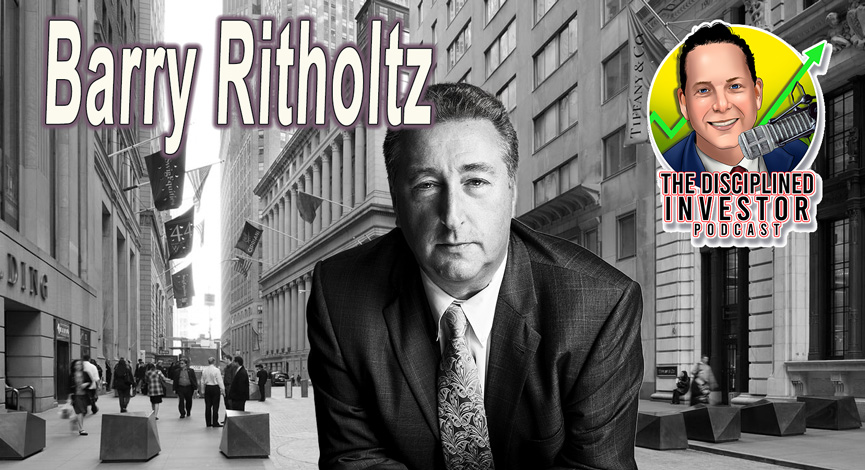A recent piece from Investor’s Business Daily. What more can I add to this?
Message To Working America: It‘s Labor Day, Not Union Day
Most Americans realize that Labor Day is about celebrating workers, not union bosses. But that won‘t stop Big Labor‘s apologists from seizing the spotlight to demand more power. Fact is, modern unions are built on the legal privileges of compulsion and extortion. In 27 states without Right to Work laws, nonunion employees can be fired for refusing to pay union dues. Millions more nonunion workers have no choice but to accept union bargaining over their wages and working conditions, even if they want nothing to do with the union. This despite the fact that poll after poll shows the American people overwhelmingly oppose forced union dues and affiliation. What‘s more, union officials routinely funnel nonunion workers‘ forced dues into political campaigns aimed at defending or expanding their already extensive special privileges.
Recently, the Wall Street Journal reported that Big Labor spends about four times as much on politics and lobbying as was previously thought. This forced-dues-funded billion-dollar machine enables union bosses to wield an immense amount of political clout in Washington, D.C., and state capitals, even though private-sector voluntary union membership continues to steadily decline.
Earlier this year, President Barack Obama ignored the U.S. Constitution and unilaterally installed two pro-forced unionism lackeys and Beltway insiders onto the National Labor Relations Board (NLRB), the federal agency that administers and enforces federal labor law.
Favoring Union Bosses
Not surprisingly, the board continues to churn out lopsided decisions in favor of union bosses and against employees. Big Labor thrives on a system of government-granted special privileges. But what do workers get out of this arrangement? According to union apologists, they‘d be helpless without it. But the facts reveal a different story. Total private-sector employment in Right to Work states went up by 10.3% from 2000 to 2010, compared to a gain of just 1.9% for the non-Right to Work states. Moreover, based on cost-of-living-adjusted Bureau of Labor Statistics and Commerce Department data, workers in Right to Work states enjoy higher wages, more disposable income and higher standards of living compared to their colleagues in forced unionism states.
Compulsory unionism makes union bosses unaccountable to rank-and-file workers, whose financial support is absolutely mandatory. After all, why should union officials bother with the hard work of representing employees if they‘re sitting on a forced-dues revenue stream guaranteed by the government? The flood of forced-dues cash also breeds extravagance, abuse and corruption. Union-boss spending sprees and forced-dues funded political activism take precedence over protecting worker rights.
Big Labor Goes To Court
Seven years ago Service Employees International Union officials imposed on all 36,000 California state employees forced to accept SEIU representation a “special assessment” for a self-described “political fight-back fund” to pay for a campaign to defeat several California ballot initiatives. Union officials even imposed the fee on nonmembers without notice or opportunity to opt out. After years of legal wrangling, long after SEIU officials defeated the 2005 proposals, the U.S. Supreme Court held 7-2 that SEIU bosses had violated the workers‘ First Amendment rights. The Court‘s majority ruled for the first time that union officials must obtain affirmative consent from workers before using workers‘ forced union fees for union politicking. While this National Right to Work Foundation-won victory is a step in the right direction, there is still a long way to go.
In litigating nearly 200 cases nationwide today, National Right to Work Foundation staff attorneys are helping employees stand up for their rights against union bosses‘ intimidation, coercion, and even violence. These cases underscore the extreme lengths to which union bosses will go to retaliate against anyone who refuses to toe Big Labor‘s line.
If union officials really wanted to celebrate Labor Day, they‘d renounce their special privileges and free hard-working Americans from being forced to pay tribute to unions as a condition of employment. Otherwise, their talk of “workers‘ rights” rings awfully hollow.

















